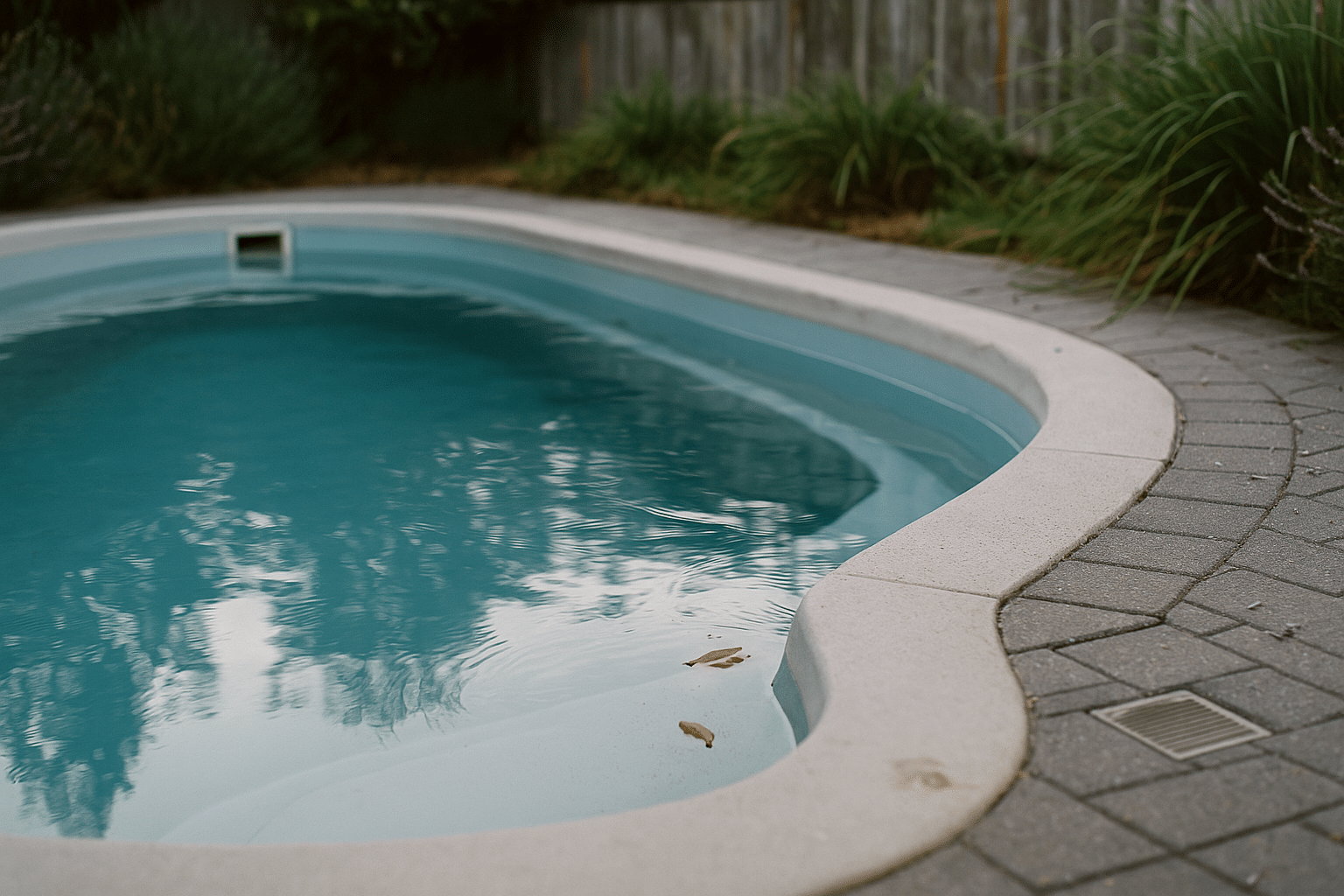
Videography 101: Essential Skills for Aspiring Filmmakers
Aspiring to capture the world through a lens and narrate stories visually is an exciting journey into the art of videography. For those beginning this creative path, understanding the essential skills can set the stage for inspiring filmmaking.
Understanding the Basics of Videography
Videography is more than just capturing moving images; it’s about telling a story. According to renowned filmmaker Martin Scorsese, “Cinema is a matter of what’s in the frame and what’s out.” This highlights the importance of composition and framing in creating compelling narratives.
The Importance of Composition
Composition is a crucial skill for any videographer. The rule of thirds is a fundamental principle that helps in laying out shots in an aesthetically pleasing way. This involves dividing the frame into nine equal parts and placing the subject along these lines or their intersections.
Lighting: The Key to Visual Storytelling
Lighting sets the mood and tone of a video. Proper lighting can dramatically enhance the quality of footage. A study by the American Society of Cinematographers found that lighting is often what separates amateur from professional work.
Sound: The Unsung Hero of Videography
Good audio quality is vital. Poor sound can detract from even the most beautifully shot footage. Investing in a quality microphone can make a significant difference in the overall production value.
Editing: Bringing the Story Together
Editing is where the magic happens. It’s the process of piecing together clips to form a cohesive story. Software like Adobe Premiere Pro and Final Cut Pro are popular among professionals for their robust editing capabilities.
Building Your Skills: Actionable Tips
- Practice regularly to refine your skills.
- Watch films critically to understand different techniques.
- Experiment with different genres to broaden your expertise.
Essential Equipment for Beginners
| Equipment | Purpose |
|---|---|
| Camera | Capturing footage |
| Tripod | Stabilizing shots |
| Microphone | Recording sound |
| Lighting kit | Enhancing visual quality |
| Editing software | Post-production |
| Lens | Improving image quality |
| Memory card | Storing footage |
| External hard drive | Backing up files |
Frequently Asked Questions
What is the most important skill in videography?
While many skills are important, composition is often highlighted as it directly impacts the visual storytelling aspect.
How can I improve my videography skills?
Consistent practice, learning from professional videographers, and experimenting with various techniques can significantly enhance your skills.
Why is sound important in videography?
Sound adds depth and emotion to visuals, making the viewing experience more immersive.
Conclusion
Embarking on a videography journey requires a blend of technical skills and creative insight. By mastering essential skills like composition, lighting, and sound, aspiring filmmakers can create impactful visual stories. Remember, practice and continuous learning are key to evolving your craft. Now, grab your camera, explore new techniques, and start telling your story through the lens.


